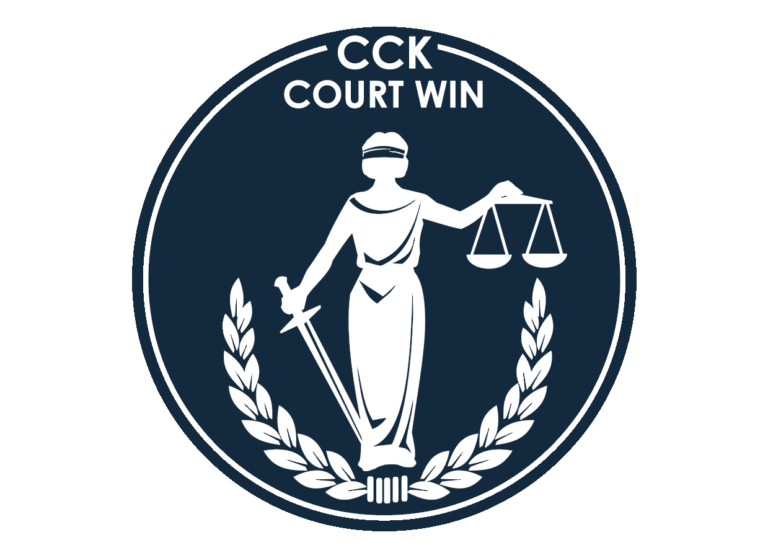Board Erred in Denying Service Connection for Ischemic Heart Disease Due to Agent Orange Exposure in Korea

Summary of the Case
The Veteran served in the United States Army from February 1966 to December 1967, including service in the Korean DMZ from October 1967 to December 1967. He initially filed for service-connected compensation for ischemic heart disease as secondary to herbicide exposure in April of 2011. However, in January of 2012, the regional office denied his claim because it found that he had not served in Korea during the presumptive period of exposure to herbicides. Subsequently, the Veteran filed a Notice of Disagreement in April of 2012, submitting lay statements describing his time in the Korean DMZ and noting the lack of vegetation. The Veteran was eventually denied by the Board of Veterans’ Appeals in September of 2016.
Board denies service connection for ischemic heart disease as due to herbicide exposure
On September 30, 2016, the Board issued a decision denying service connection for the Veteran’s ischemic heart disease. In its decision, the Board found both the Veteran and his fellow servicemember’s lay statements to be inherently less credible than the researched findings of the Department of Defense (DoD). Specifically, the DoD determined that Agent Orange was only used in the Korean DMZ beginning in April 1968. As such, the Board asserted that the Veteran did not fall under the presumption of exposure time period established by 38 CFR § 3.307.
CCK appeals to the Court
CCK successfully appealed to the Court of Appeals for Veterans Claims the Board decision that denied service connection for the Veteran’s ischemic heart disease as due to herbicide exposure in Korea. CCK argued that the Board erred by denying service connection on the grounds that the Veteran served outside the window of presumption. Furthermore, CCK contended that the Board failed to address the competency, credibility, and probative value of the relevant lay statements in the record. CCK also asserted the Board did not fulfill its duty to assist when it failed to obtain, or attempt to obtain, a July 2008 letter from the Department of the Army, Center for Unit Records Research, conceding herbicide use in Korea before the presumptive window that was referenced by the Veteran in his claim.
CAVC agrees with CCK’s arguments
CCK argued, and the Court agreed, that the Board provided an inadequate statement of reasons and bases for its conclusion that Agent Orange was only used in the Korean DMZ beginning in April of 1968. Namely, the Court acknowledged that Congress later recognized in 38 CFR § 3.307 that actual exposure may have occurred as early as September 1, 1967, which coincides with the Veteran’s service. Additionally, the Court emphasized that even if a veteran does not fall under the presumption of exposure, the Board still has a duty to consider actual exposure and the possibility of direct service connection. Furthermore, the Court affirmed that the Board failed to address all of the favorable evidence of record. As such, the Court remanded the case back to the Board for readjudication. In accordance with the remand instructions, the Board must provide adequate reasons and bases for determining whether the Veteran was exposed to Agent Orange, while considering all of the favorable evidence of record.
About the Author
Share this Post
